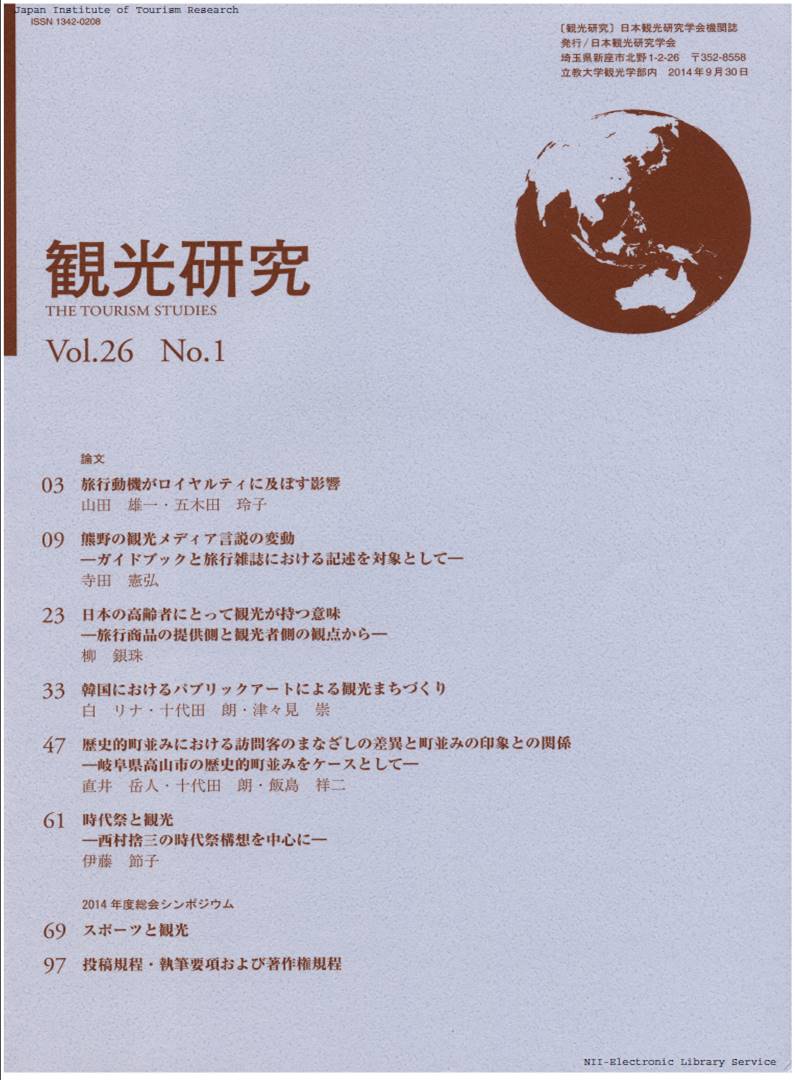Volume 28, Issue 1
Displaying 1-5 of 5 articles from this issue
- |<
- <
- 1
- >
- >|
Peer reviewed paper
-
2016Volume 28Issue 1 Pages 45-55
Published: 2016
Released on J-STAGE: April 01, 2017
Download PDF (827K) -
2016Volume 28Issue 1 Pages 57-68
Published: 2016
Released on J-STAGE: April 01, 2017
Download PDF (563K) -
2016Volume 28Issue 1 Pages 69-82
Published: 2016
Released on J-STAGE: April 01, 2017
Download PDF (775K) -
2016Volume 28Issue 1 Pages 83-96
Published: 2016
Released on J-STAGE: April 01, 2017
Download PDF (1147K)
Corrected paper
-
2016Volume 28Issue 1 Pages 97-107
Published: 2016
Released on J-STAGE: April 01, 2017
Download PDF (755K)
- |<
- <
- 1
- >
- >|
